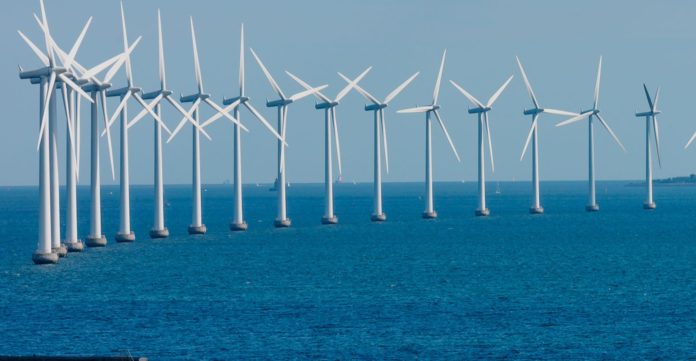This is Scott Amyx with today’s Climate Change Flash Briefing.
The 2017 Hurricane Harvey is tied with Hurricane Katrina as the costliest tropical cyclone on record, inflicting $125 billion in damage. One of those affected was Samuel Saldivar. He was trying to bring his elderly parents and his brother’s four grandchildren to safety from their flooded home when his van was tossed into the water by a strong current as they crossed a bridge. Samuel managed to escape through a window but his parents and the four grandchildren died in the submerged van.
As global temperatures increase, we will see more intense and frequent hurricanes.
One idea to weaken hurricanes is to place offshore wind farms in the oceans to suck the energy out of hurricanes and to force them higher into the sky, resulting in less rainfall and less destruction when they make landfall, all the while generating clean energy.
Today’s wind farms often switch turbines off during high winds, so current wind farms aren’t a good defense against hurricanes. But wind turbines scheduled to hit the market by 2020 may be strong enough to withstand hurricane winds.
Stay tuned next time to find out why well-intended climate change policies are not slowing down global warming.


















